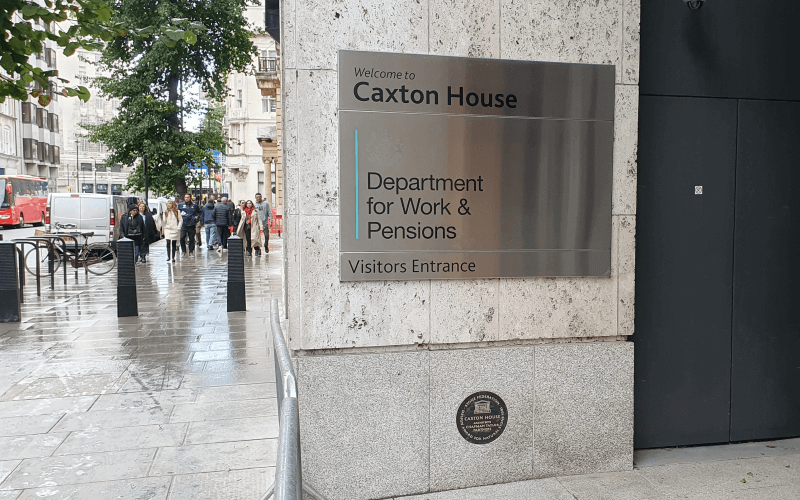The Department for Work and Pensions (DWP) is set to waste thousands of pounds of public money fighting two rulings by the information commissioner that it must release secret reports affecting millions of disabled people.
It is the latest example of how the department has used delaying tactics for many years to avoid being held to account over its own actions that have been linked to countless deaths of disabled benefit claimants.
The information commissioner ruled late last year that DWP should release both reports to Disability News Service (DNS).
The first report was a written assessment of how the government’s decision to abolish the work capability assessment (WCA) would impact millions of disabled people and other groups protected under the Equality Act.
DNS has been seeking the information since the move to abolish the WCA was announced in the spring budget, with details included in the government’s new Transforming Support white paper.
Under the plans, disabled people who cannot work will only be able to qualify for a new health element of universal credit if they also receive personal independence payment (PIP), disability living allowance, or, in Scotland, adult disability payment.
But this would also mean that it would be left to DWP’s over-worked work coaches – who will usually have no health-related qualifications – to decide if a disabled person should carry out work-related activity.
DNS had told the Information Commissioner’s Office (ICO) that although the WCA has been “closely linked to the deaths of hundreds of disabled people”, the plans to scrap it could lead to further deaths of claimants.
In a decision notice, the information commissioner said he “considers that DWP has failed to consider the strength of the public interest in the timely understanding and scrutiny of the decision to remove the Work Capability Assessment” and noted “a particularly strong public interest in disclosure of information relating to disability benefits reform”.
The second report describes the impact of DWP errors on “vulnerable” benefit claimants, which it has admitted could have a “negative” impact on its reputation.
The report contains “worst case scenario” information that DWP has calculated about the impact of its errors on claimants, which it appears keen to keep hidden from the public, and probably includes estimates of how many claimants have been harmed by its errors.
DWP has argued that this information was only intended to be considered by its serious case panel and that “some of the information, if presented in its current format, could have a negative reputational impact on DWP”.
But the information commissioner said there was a “strong public interest in the timely understanding and scrutiny” of the recommendations made by the report, and “in understanding DWP’s approach to preventing future errors and safeguarding issues”.
ICO has confirmed to DNS that DWP is appealing both decision notices to the information rights tribunal.
DWP declined to comment because of this ongoing legal action.
A note from the editor:
Please consider making a voluntary financial contribution to support the work of DNS and allow it to continue producing independent, carefully-researched news stories that focus on the lives and rights of disabled people and their user-led organisations.
Please do not contribute if you cannot afford to do so, and please note that DNS is not a charity. It is run and owned by disabled journalist John Pring and has been from its launch in April 2009.
Thank you for anything you can do to support the work of DNS…

 Government ignores warnings of new DWP deaths, and UN intervention, as MPs pass universal credit cuts bill
Government ignores warnings of new DWP deaths, and UN intervention, as MPs pass universal credit cuts bill Urgent letter from UN to Labour government warns: We think your cuts continue Tory attack on disability rights
Urgent letter from UN to Labour government warns: We think your cuts continue Tory attack on disability rights Race against time to secure DWP deaths evidence before parliament passes new benefit cuts bill
Race against time to secure DWP deaths evidence before parliament passes new benefit cuts bill